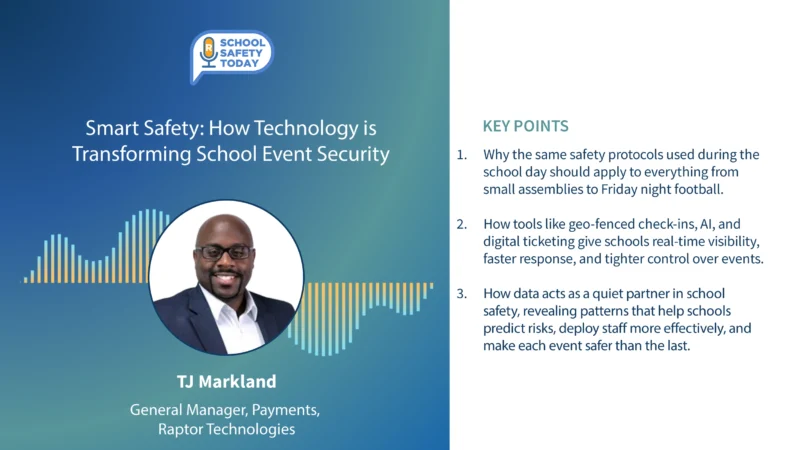Alternative Credentials Provide More Educational Opportunities
Before and amid the pandemic, people’s interest grew in online courses and alternative credentials. COVID played a large role in changing the way people view education and earning a degree. Life is busy for everyone and it is hard to find the time to further your education when you are working a 9-5, taking care of children, and any other responsibilities you may have on the day-to-day. Online classes allow for flexibility and opportunity that everyone deserves by providing more educational opportunities.
In this episode of Voices of E-Learning, hosts JW Marshall and Leena Marie Saleh, speak with Lisa Haueisen Rohrer, the Senior Advisor for Emeritus, about the rising demand for alternative credentials. Emeritus is a platform that offers online certificates and programs in collaboration with the world’s best schools.
“With Emeritus, where we focus is really in this alternative credential market,” Rohrer continued. “We have built our business with one less executive education program or professional education program really aimed at working professionals looking to upskill—that’s the perspective I come from as I talk about the impact of COVID.”
Emeritus, in conjunction with more than 50 top-tier universities across many countries, is dedicated to teaching the skills of the future and making them accessible to the general populace. Many people already have a career and are looking to upskill; how can the work at Emeritus help those types of people advance their careers?
“There are two ways we can do that. The first thing that makes this an attractive experience is the flexibility. The other is that it’s possible to create new courses faster when it comes to alternative credentials versus university degrees,” Lisa added. The large appeal to online education like what Emeritus offers is that you decide when to take your course. It might be late at night after work when the kids are asleep, but you can cater it to your schedule—you don’t have to drop one thing for the other.
Marshall, Saleh and Rohrer also discuss…
● How COVID has led to the rise of alternative credentials
● How the work at Emeritus can help people working to advance their careers
● The role of virtual education in post-pandemic society
“We are passionate about working with universities, making learning accessible globally to people that can really use and leverage the learnings that come out of academia,” Rohrer said.
Lisa Haueisen Rohrer is the Senior Advisor for Emeritus. She is also Professor of the Practice and Executive Director of Lifelong Learning at Questrom School of Business at Boston University. Rohrer is a Harvard graduate with her doctorate in organizational behavior. Rohrer has her focus on providing high-quality, innovative, education worldwide by leveraging new technology for online and face-to-face delivery.




